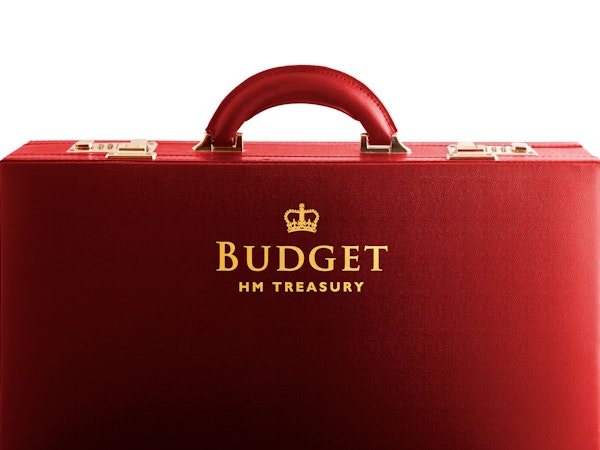Excess furlough money repaid
The government reports that 3,000 businesses have voluntarily repaid over £760 million of furlough grants received under the Coronavirus Job Retention Scheme (CJRS) where the reality of the impact of the pandemic was not as bad as first anticipated. For those less forthcoming, the government is targeting fraudulent claims.

The March Budget unveiled a new taskforce to find those who have exploited the various Covid-19 support schemes, including the CJRS. With over £100 million invested, this represents one of the largest responses to a fraud risk by HMRC. The taskforce will have around 1,000 investigators.
Fraudulent activity
There has been no specific requirement for a business to demonstrate they have been financially impacted by the pandemic to claim under the CJRS. HMRC guidance simply says employees can be furloughed where a business cannot maintain its workforce because operations have been affected by Covid-19.
The new taskforce is therefore likely to focus on businesses who have:
- furloughed more people than actually employed, or used inflated wage figures;
- claimed for workers who continued doing their jobs;
- not passed the grants on as wages to furloughed employees; or
- abused the flexible working arrangements.
Given that each CJRS claim provides the opportunity to repay any amounts previously overclaimed, HMRC is likely to consider incorrect claims as deliberate and concealed. This means a penalty of up to 100% of the grant.
Repaying furlough grants
Even if CJRS rules have been complied with, voluntarily repaying a grant where it is not needed creates the right impression for your business.
Regardless of whether repayment is voluntary or because of an overclaim, repayment is normally done with a correction on the next claim. If an overclaim is corrected, no penalty is incurred provided HMRC is notified within 90 days of when the grant was received. You can find out about paying back CJRS grants here.





